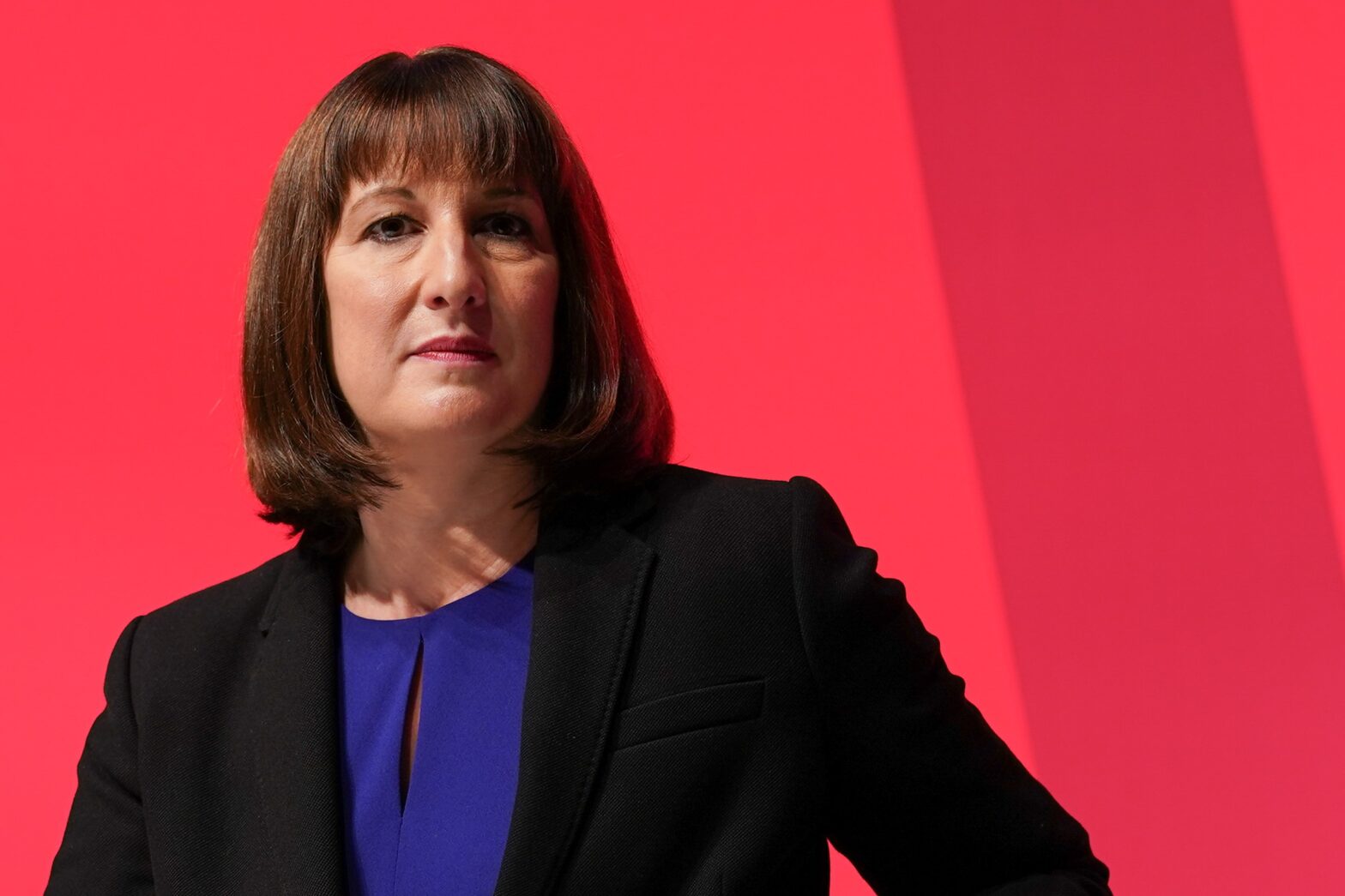Labour has announced a plan to make Britain “the high-growth, start-up hub of the world” by linking institutional investors with venture capital firms.
Rachel Reeves, shadow chancellor of the Labour Party, told business leaders today in Canary Wharf, East London that strengthening ties between pension funds and the like with venture capital firms would see more money flowing into British start-ups.
The idea, part of a wider “start-up review” led by former Treasury minister Lord Jim O’Neill, is a version of Tibi – a French government initiative to encourage engagement between France’s institutional investors and tech companies.
>See also: ‘Sunak should get serious about pensions backing VCs’ says Lord O’Neill
The French Tibi scheme was launched in 2020 by President Emmanuel Macron and has since secured over €18bn of commitments from institutional investors for French tech companies.
Under O’Neill’s plan, the UK scheme would match institutional investors with an accredited list of VC firms, with the former encouraged to allocate a small proportion of their funds to the latter.
Announcing the findings of the O’Neill review, Reeves said its recommendations are the first step in closing a £16bn investment gap for high-growth firms that the UK is missing out on.
>See also: Key to tech investment lies in hands of pension holders, says Sunak
Lord O’Neill, former chair of Goldman Sachs Asset Management, is a cross-party peer who previously served as a Treasury minister in David Cameron’s Conservative government, where his brainchild was the “Northern Powerhouse” project to boost economic growth in the north of England.
More independence for British Business Bank
The start-up review has recommended that the Government give greater independence to the British Business Bank, enabling it to raise external funds.
And it also wants to boost Britain’s university spinout sector by encouraging entrepreneurial clusters around universities. Another idea is to create an annual dashboard where universities’ track records in creating university spinouts could be compared, and standardising how spinout deals are structured for founders, enabling universities to keep a share of equity, however small.
The O’Neill review spoke to more than 120 industry leaders at roundtables across the country.
Reeves told around 350 business leaders – including the chief executives of Aviva, SSE and HSBC, as well as the chair of Tesco, Sir John Allan – that “these are challenging times. But I know the spirit of enterprise, of creativity, of endeavour are as present in Britain today as they have ever been”.
Further reading
British investors ready to invest £1.4bn in university spinouts






